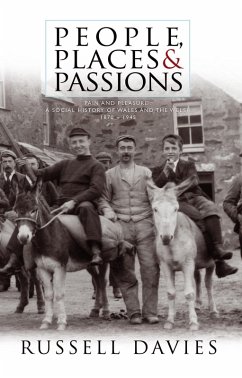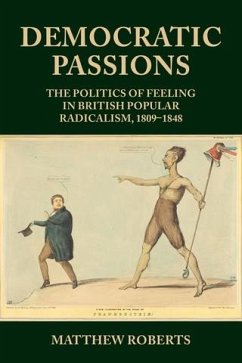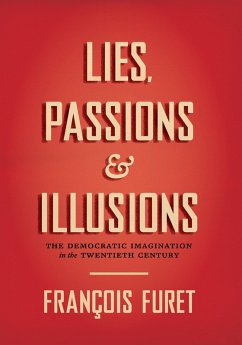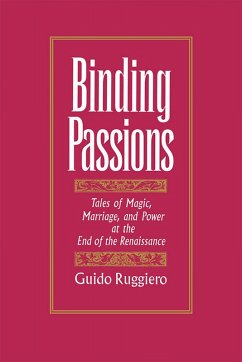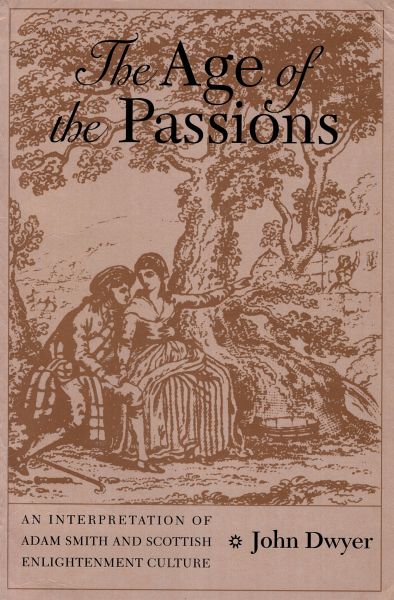
Age of the Passions (eBook, ePUB)
An Interpretation of Adam Smith and Scottish Enlightenment Culture

PAYBACK Punkte
0 °P sammeln!
The eighteenth century is often described as the age of reason. This book argues that it should also be considered the age of the passions. Eighteenth-century writers recognised the passions as the springs of human life and actions. They began to explore self-interest, sociability and love in ways that would have momentous consequences for the development of western culture. The century's philosophes did not merely acknowledge the existence of the passions; they sought to manipulate them for the good of society. When carefully cultivated, self-interest led to prudent behaviour and national imp...
The eighteenth century is often described as the age of reason. This book argues that it should also be considered the age of the passions. Eighteenth-century writers recognised the passions as the springs of human life and actions. They began to explore self-interest, sociability and love in ways that would have momentous consequences for the development of western culture. The century's philosophes did not merely acknowledge the existence of the passions; they sought to manipulate them for the good of society. When carefully cultivated, self-interest led to prudent behaviour and national improvement; sociability contributed to inter-group harmony and national identity; the powerful attraction between the sexes metamorphosed into politeness and altruism. This book explores the eighteenth-century language of the passions in its specifically Scottish context, suggesting that Scottish writers such as Allan Ramsay, James Fordyce and James Macpherson were cultural pioneers whose significance goes far beyond the transitory popularity of the literary products they created. It also examines thinkers like Adam Smith and John Millar from a radically different perspective. And it constructs new connections between the philosophy, social thought, sermons, letters, poetry and epic literature of enlightened Scottish society. The Scottish contribution to modern consciousness was nothing short of profound. The Scots brought the passions into the centre of discourse, so they could no longer be ignored, only exploited or repressed.
Dieser Download kann aus rechtlichen Gründen nur mit Rechnungsadresse in A, B, BG, CY, CZ, D, DK, EW, E, FIN, F, GR, H, IRL, I, LT, L, LR, M, NL, PL, P, R, S, SLO, SK ausgeliefert werden.





